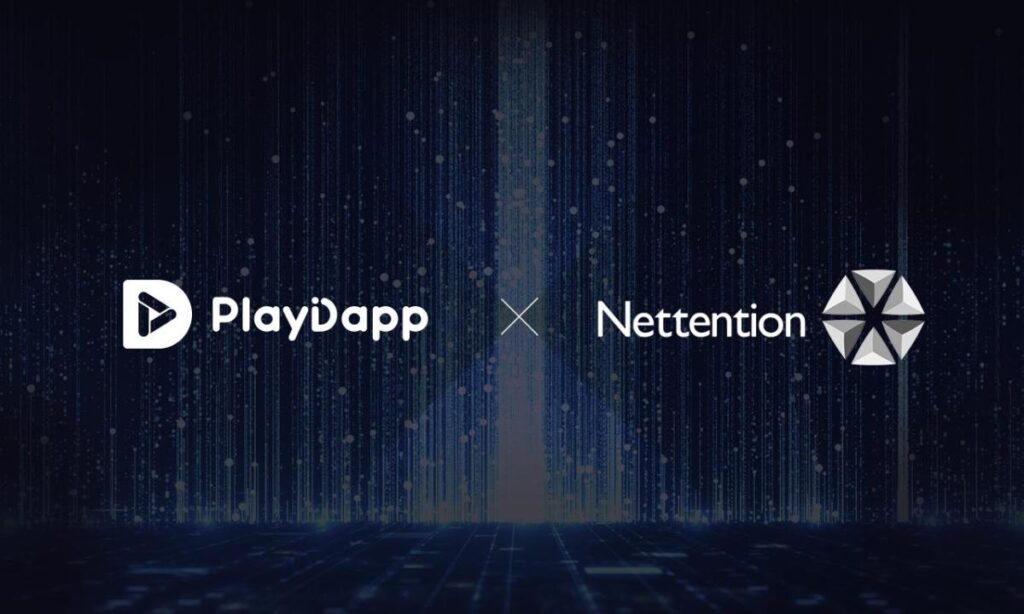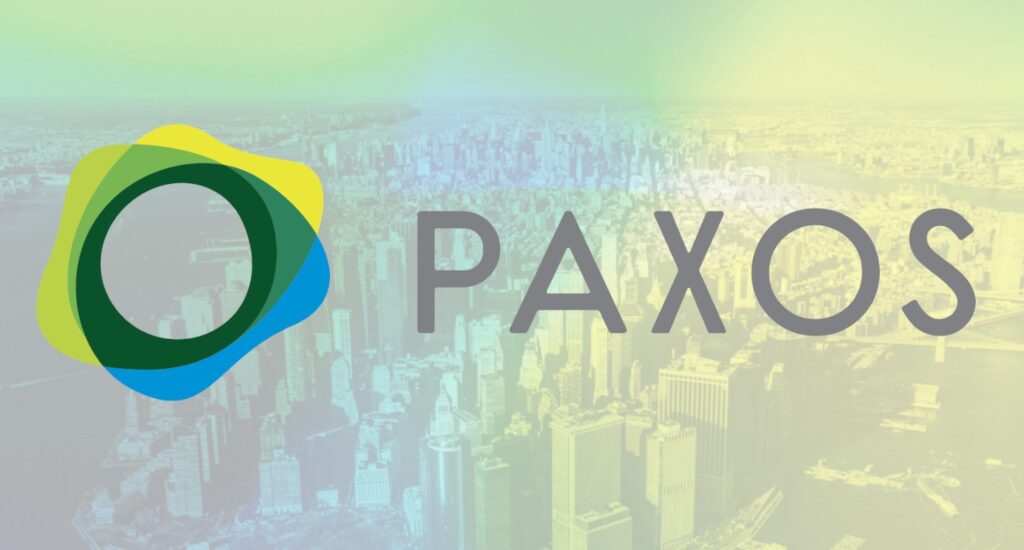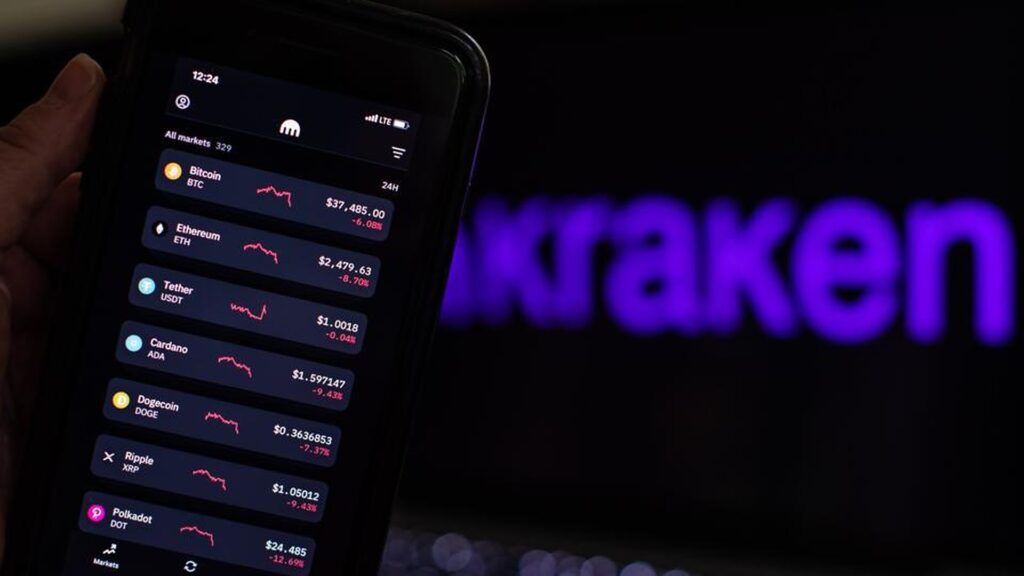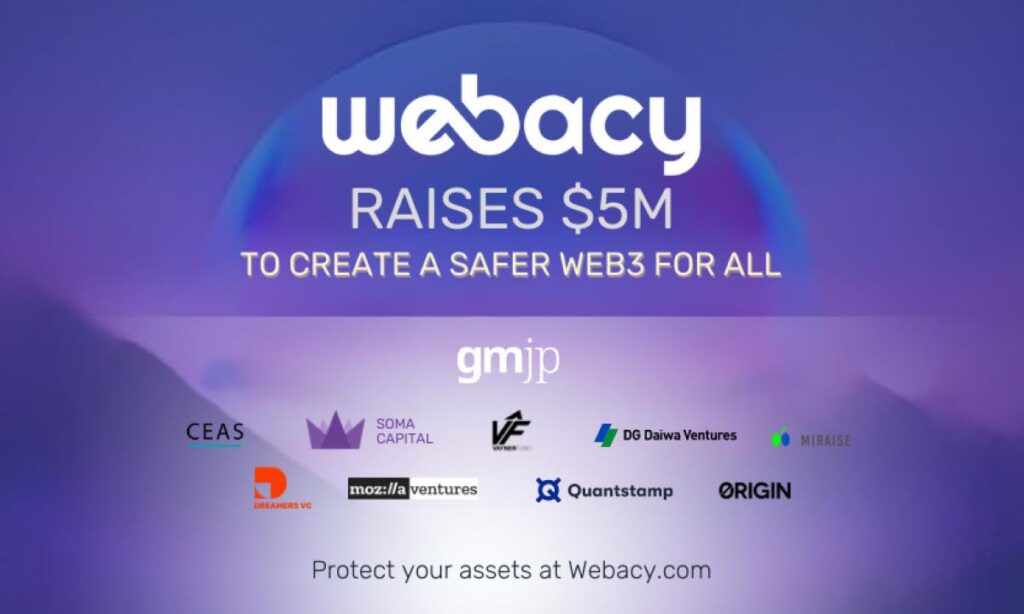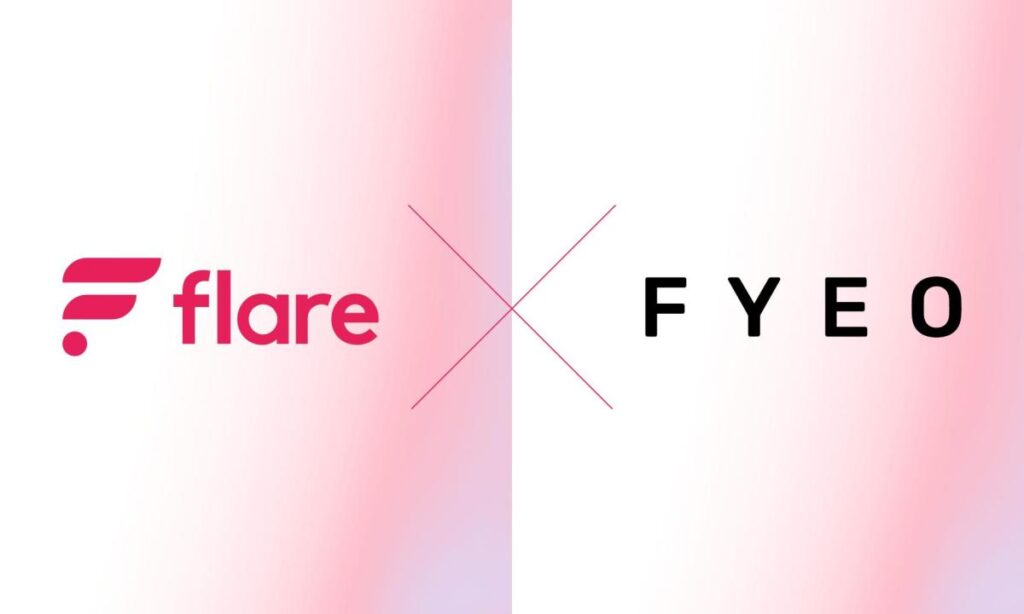Irvine, California, United States, 16th February, 2023, Chainwire
The PlayDapp team announced the acquisition of ProudNet, the renowned peer-to-peer server network provider. This move is seen as an aggressive step towards entering the US gaming market and is set to provide game developers with the best possible technology in terms of stability and reliability for online multiplayer gameplay.
ProudNet, formerly a subsidiary of Pearl Abyss best known for cross-platform MMORPG Black Desert, is used by over 200 games globally. The company’s expansive portfolio is comprised of globally renowned titles, including Nexon’s “Vindictus”, Netmarble’s “Monster Taming”, “Seven Knights”, and “Marvel Future Fight” and Capcom’s “Street Fighter 5”.
Moreover, Proudnet is preferred by server developers for its patented technologies like System And Method For Changing Channels For Guaranteed Reliability Communications (Patent Issued 2016.5.31) and User Datagram Protocol Networking Method For Stability Improvement (Patent Issued 2019.6.11). It is this technology that enables the company to achieve world-class performance in online gameplay.
FPS, MRPG, MMORPG and other online, mobile, and social game-developing companies use Proudnet to make online gameplay more stable and reliable, which is notoriously hard to achieve. The company’s main client base consists of Asian game developers, however, with this acquisition, PlayDapp is looking to bring this game-changing technology to the US market.
An Acquisition to Transform the Gaming Industry
PlayDapp’s acquisition enables game developers to tap into the power of ProudNet’s P2P technology stack, by outsourcing most of the server development work and therefore significantly cutting costs. This means that developers can now deploy reliable, secure, lightning-fast peer-to-peer networks for their games with minimal effort and time.
Not only does this speed up development cycles and massively reduce costs but it also brings several other benefits that aim to increase the effectiveness of the game development industry. With ProudNet, PlayDapp will allow game developers to:
• Decrease the number of in-game drop-offs
• Reduce the cost of hosting by allowing games to be hosted on multiple servers instead of just one
• Significantly reduce latency and lag in online multiplayer games
• Process over 13,000 simultaneously connected players
• Employ multi-threading in server-to-server communication
• Achieve over 56% mobile hole-punching success rate
• Maintain gameplay stability at 98% or more.
When combined with the effective suite of PlayDapp’s blockchain products, the acquisition of ProudNet brings an all-in-one solution to developers.
PlayDapp’s Continued Market Growth
PlayDapp is a global blockchain middleware provider. It enables companies across many different industries to integrate blockchain technology into their business models and easily turn their assets into Non-Fungible Tokens (NFTs).
Notable partnerships include creating the Metaverse version of Samsung’s Everland, KB Bank (Korea’s Largest Bank) and PlayDapp’s blockchain-based C2C NFT Marketplace (formally Polygon’s Number one marketplace) allows gamers and users to freely buy, sell and trade their digital assets with each other. PlayDapp has seen tremendous success in terms of its market cap with a total of $133,240,187 at the time of writing (2/16/2023).
CryptoDozer, DozerBird, and Along with the Gods are just some of the company’s popular games. Players can expect even more games to come out of the press as the acquisition of ProudNet makes game development much more accessible.
PlayDapp is proud to announce the launch of its new office in Irvine, California, and will be utilizing ProudNet Technology for US game developers. With the newly added tech stack, PlayDapp aims to substantially improve the ecosystem of how games are created and experienced by users all across America.
About ProudNet
As the infrastructure to numerous game features, ProudNet enables advanced functionality such as real-time interactions across different devices, secure data transmission, and reliable latency. Game developers who are interested in learning more about ProudNet and its benefits should visit PlayDapp’s booth at the Game Developers Conference on March 20-25th, Booth S355.
ProudNet English Intro Video: https://youtu.be/4Yk2D7befpI
Website: https://proudnet.com/en/
Contact
Head of Global Marketing
Peter Song
PlayDapp
peter@playdapp.io

